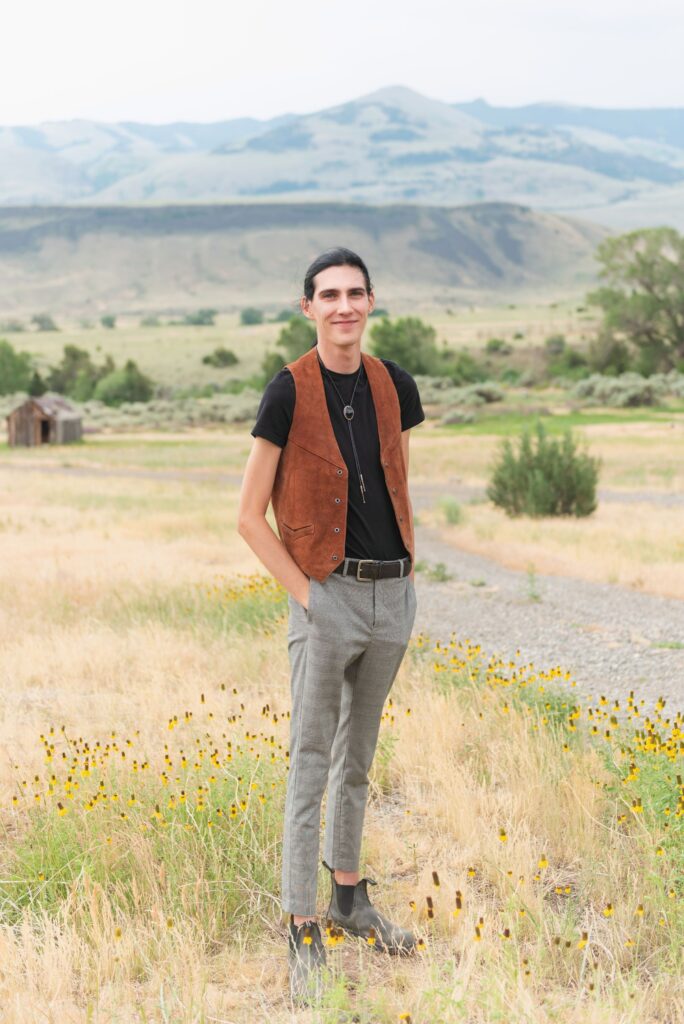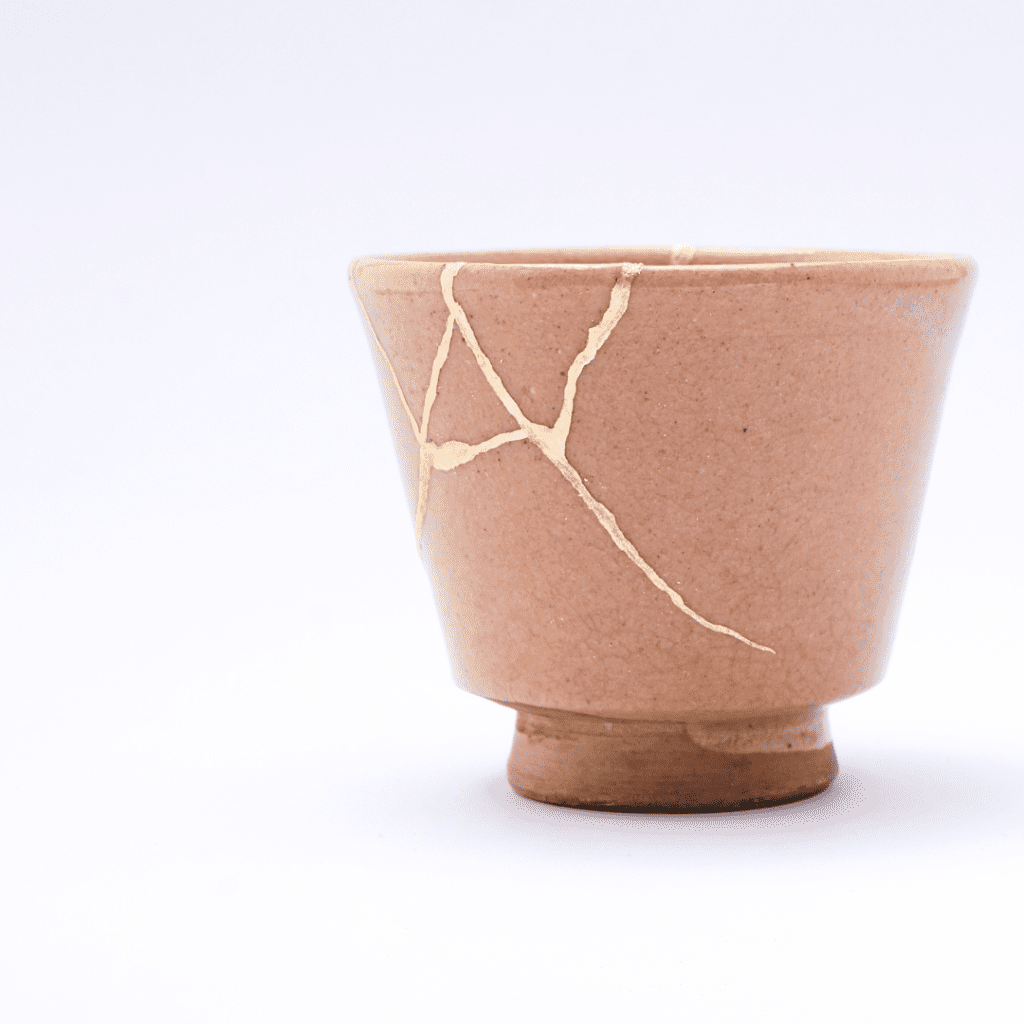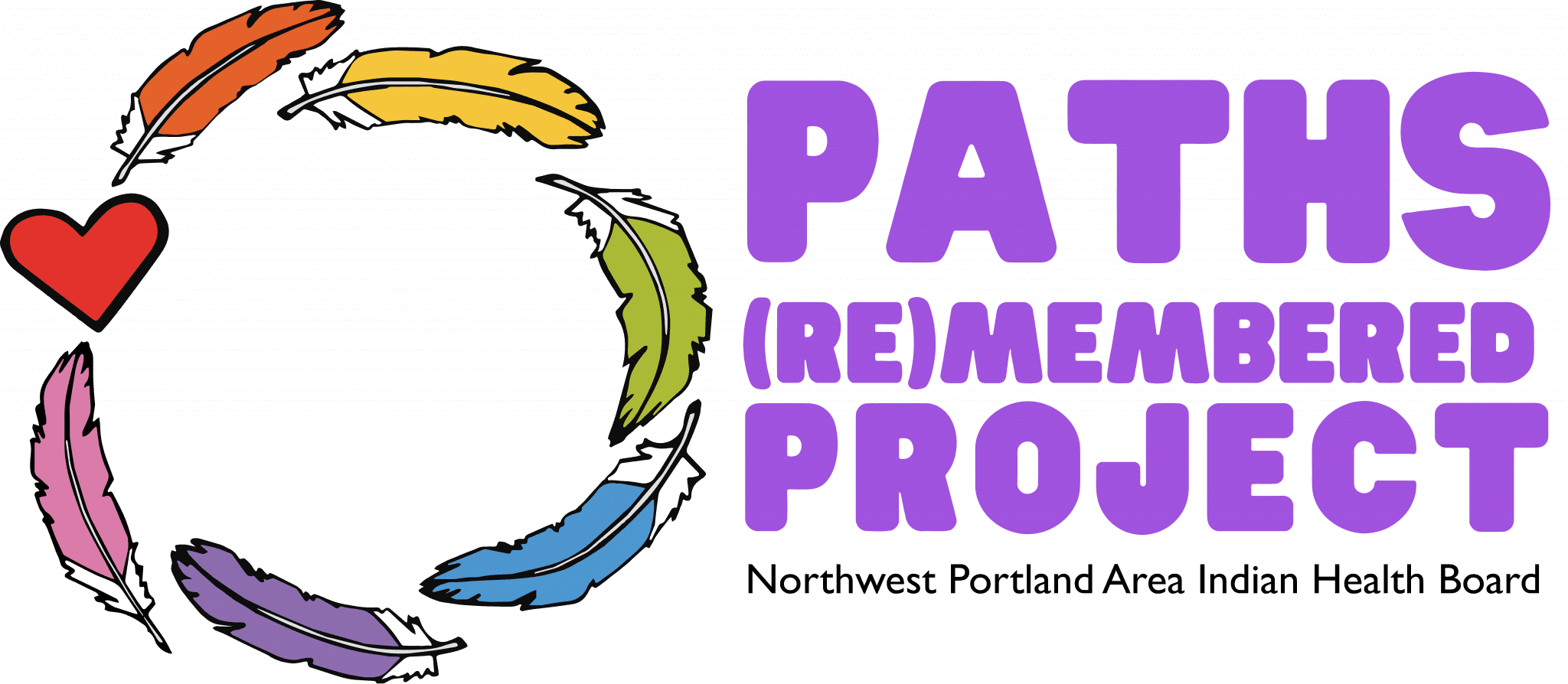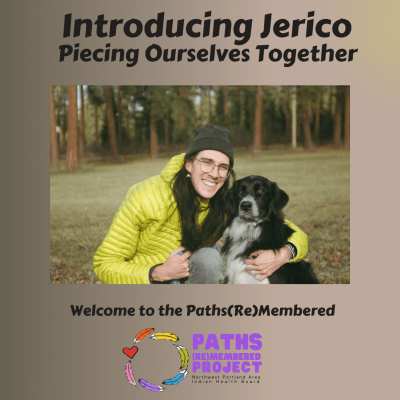Howdy. My name is Jerico Cummings and I am a member of the Cheyenne River Sioux Tribe. [I grew up in Rapid City, South Dakota.] When I think about “home” I am reminded of an article I read in one of my Native studies courses where the author wrote about the racism present in my community. It was one of the first times I heard my hometown referred to as “Racist City.” That comment opened up a Pandora’s box in a way. Ever since then I’ve questioned the concept of “home” and what it means to me. When I think about where I come from, Rapid City doesn’t come to mind immediately. The Black Hills do. My parents raised my two younger brothers and I on this plot of land located a few miles outside of city limits. I have fond memories with my brothers of roaming the canyons, the meadows, creeks, rivers, and lakes. Those memories, in those places, remind me of home.

I feel and believe that my life truly began the moment I left Rapid City to go to college at Montana State University in Bozeman. I wanted to leave behind the years of public-school torment and to move to a place where no one knew me. Or the story about my life they concocted from rumors and misconceptions. Going away to college was my golden ticket opportunity. My parents always had big dreams for me to go to college and get a degree. They wanted me to pursue a future in STEM and to land a high paying job in the field. During my first couple of semesters at MSU those dreams started to feel unrealistic and unattainable. Because, in all honesty, I enjoyed my extracurricular activities more than I did studying and doing my homework. I learned so much about my peers and friend group at the time. And in the process, I learned a lot about myself – the authentic, self-created and actualized version.
One semester I signed up to take a Gender Issues in Native American studies course before declaring a Native American Studies minor. I remember this being the first time I came across the term “Two Spirit” and read books authored by Indigenous queer folks. That was really special. For the first time in my life, I didn’t feel so alone in my suffering and in the things I had experienced growing up. To make a long story short, I ended up getting suspended the following semester due to poor academic performance, even while I was excelling in leadership roles in various student organizations on campus. I had a choice. I could pivot towards a major that aligned with that work or give it up to focus more on my science and math courses. I ended up discovering the field of Sociology. I was immediately able to make connections between sociological theory and the stories shared with me in dialogue groups through the Diversity Awareness Office and the Sustained Dialogue program I was coordinating at the time. It felt like a natural and appropriate change.
I had an instructor in the Native studies department offer extra credit to attend artist talks and various presentations in the community that related back to the content we were discussing in class. I attended a lecture at the Museum of the Rockies, where a Crow artist said “I woke up here in this valley.” For context, Bozeman is known as the Valley of Flowers, and was traditionally a peaceful place amongst the tribes in the area and those passing through. He wasn’t talking about peace, though. He was referring to the act of waking up to the injustices of the world as Indigenous people. I haven’t been able to stop thinking about that part of his lecture ever since. It felt, and still feels, representative of my time there and the pivotal journey I was on at that point in my life as a result of having lived there. I found my voice. I found my community. But most importantly, I found myself and my place in the world.
After graduating during the pandemic and shutdown, I found meaningful work in the realm of racial equity in the Bozeman area. I did an AmeriCorps VISTA term with the only Black-led, entirely BIPOC staffed nonprofit in the state. When my year-long service term ended, I was able to turn my capacity-building efforts supporting Queer Trans BIPOC Montanans into a full-time job with the organization. Eventually I fled Bozeman, and relocated to the Missoula area on a whim. I left behind the friends and chosen family I had cultivated over the span of six or so years. It was quite a shock to uproot my life and I think I’m still processing a lot of that grief and loss. Right when I started to put myself out into the world again, I decided to uproot myself one more time and move farther west. And now I’m here in the Pacific Northwest.
I have love for Portland, no matter what people say about it. I feel held by the city and the immense natural beauty that surrounds it. I really miss the ponderosa pines and the continuous snowfall. I forget what it’s like to start over again in a place where no one knows you. I forget what it’s like having to take healthy risks and put oneself “out there.” But all of that feels like an important area in my life needing attention right now.
When I’m not conjuring up any excuse to get out of the city, I like to read. I’m drawn to poetry and memoirs by Indigenous, queer, BIPOC authors. I tend to seek out the stuff that cracks me open and breaks my heart so that I can remember what it feels like to be raw. I think there’s something ceremonial in the process of piecing myself back together again.



